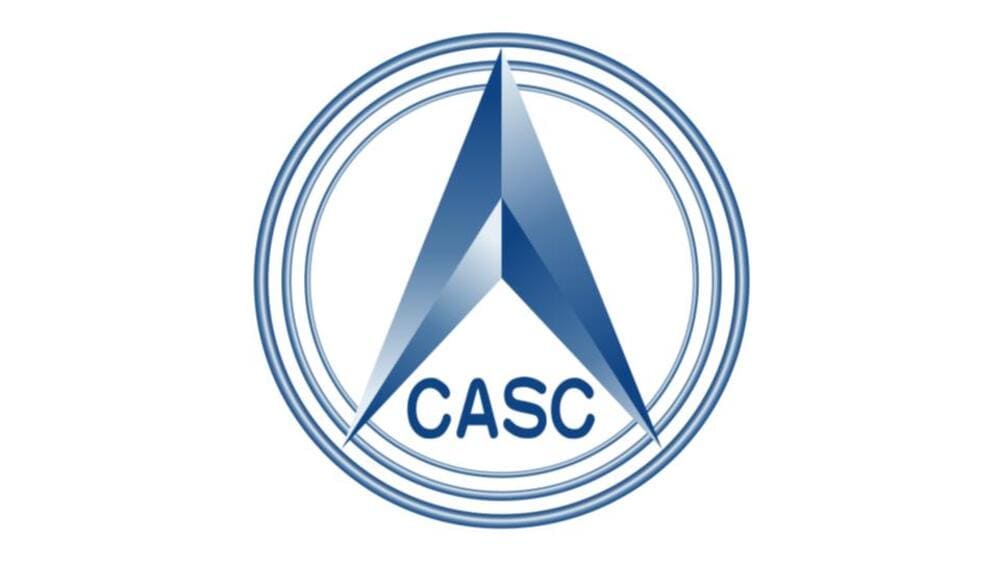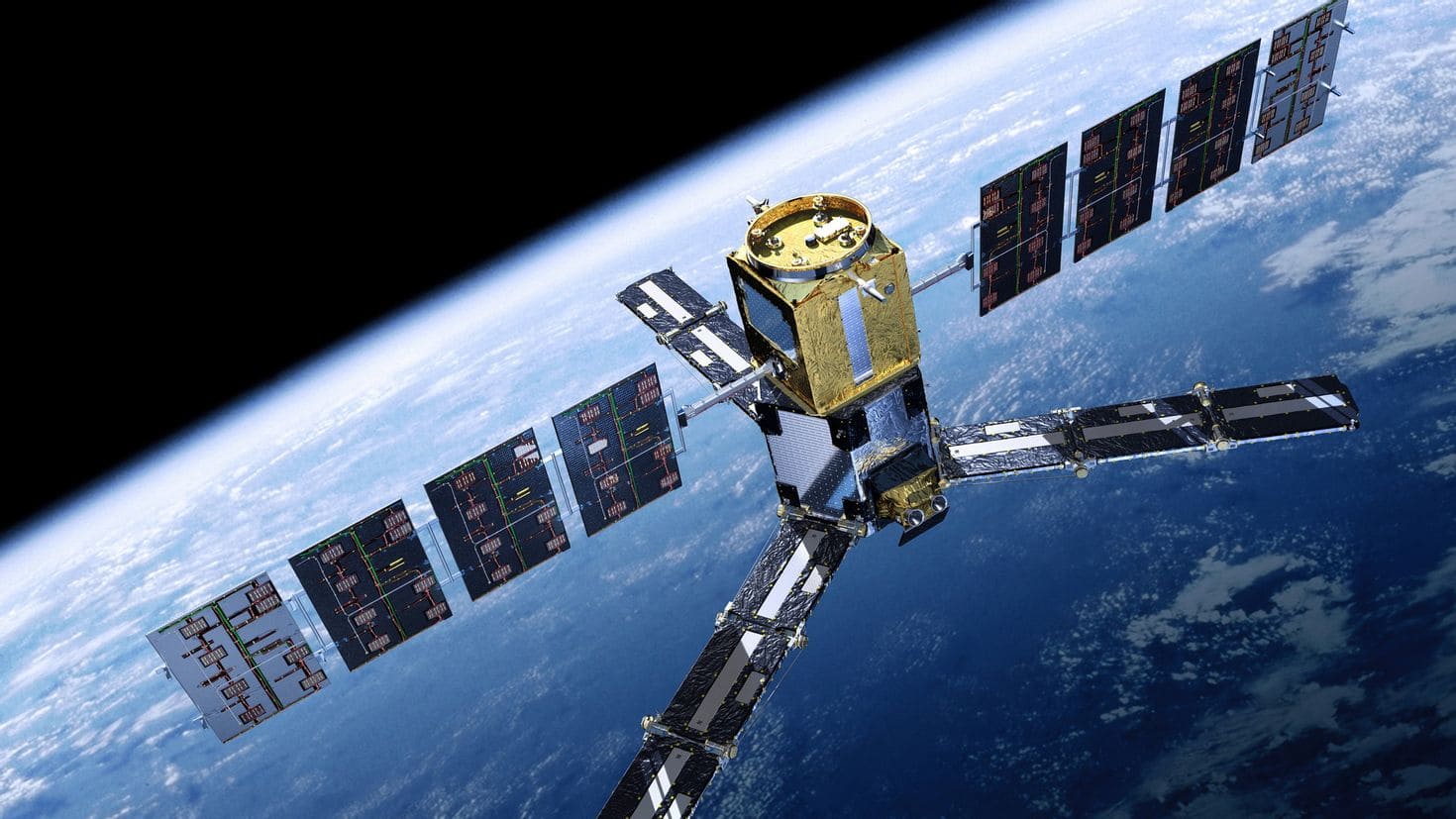The African space market is attracting considerable interest from foreign companies, which are playing a pivotal role in its development. These companies bring advanced technology, expertise, and investment, significantly contributing to the continent’s burgeoning space industry. This article explores the involvement of foreign companies in the African space market, highlighting their contributions, partnerships, and the impact on local economies.
Africa’s space ambitions have caught the eye of the global space community. Foreign companies see the potential for growth and collaboration in the African space market. By partnering with African nations, these companies are helping to advance space technology on the continent while also tapping into new markets.
Major Foreign Players in the African Space Market
Airbus Defence and Space

Airbus Defence and Space, a division of the European aerospace giant Airbus, is heavily involved in Africa. The company has been instrumental in launching several African satellites. For instance, Airbus developed and launched the EgyptSat-A satellite, which provides Earth observation capabilities critical for agriculture, water management, and urban planning.
Thales Alenia Space

Thales Alenia Space, a French-Italian aerospace manufacturer, has a strong presence in the African space market. The company has collaborated with countries like Algeria, Egypt, and South Africa on various satellite projects. Thales Alenia Space’s expertise in telecommunications satellites has been particularly valuable in improving connectivity across the continent.
China Great Wall Industry Corporation (CGWIC)

China Great Wall Industry Corporation, a subsidiary of China Aerospace Science and Technology Corporation (CASC), has become a key player in Africa. CGWIC has helped countries like Nigeria and Algeria launch several satellites. These projects are part of China’s broader Belt and Road Initiative, which aims to enhance global trade and infrastructure development.
Key Areas of Collaboration
Satellite Manufacturing and Launch Services
One of the primary areas of collaboration is in satellite manufacturing and launch services. Foreign companies like Airbus, Thales Alenia Space, and CGWIC provide end-to-end solutions, from designing and building satellites to launching them into orbit. This collaboration is crucial for African countries that lack the infrastructure and expertise to develop and launch satellites independently.
Capacity Building and Training
Capacity building and training are essential components of foreign companies’ involvement in Africa. These companies often provide training programs for African scientists, engineers, and technicians, helping to develop local expertise. For example, the partnership between Egypt and France includes training Egyptian engineers to operate and manage their satellites.
Data and Technology Transfer
Foreign companies also play a critical role in data and technology transfer. They provide African countries with access to advanced satellite data, which is vital for applications such as agriculture, disaster management, and urban planning. This transfer of technology and knowledge helps African nations build their capabilities and become more self-reliant.
Benefits of Foreign Involvement
Technological Advancements
The involvement of foreign companies brings cutting-edge technology to the African space market. This technological infusion accelerates the development of the continent’s space capabilities, enabling African countries to undertake more sophisticated space missions.
Economic Growth
Foreign investments in the African space market stimulate economic growth. These investments create jobs, boost local industries, and generate revenue. Additionally, the development of space infrastructure can lead to advancements in other sectors such as telecommunications, agriculture, and disaster management.
Enhanced Connectivity
Improved connectivity is another significant benefit. Telecommunications satellites launched by foreign companies provide internet and communication services to remote and underserved regions in Africa. This enhanced connectivity facilitates economic activities, education, and healthcare services.
Challenges and Considerations
Dependency on Foreign Technology
While foreign involvement brings numerous benefits, it also poses the risk of dependency on foreign technology and expertise. African countries need to strike a balance between leveraging foreign partnerships and developing their own capabilities to ensure long-term sustainability.
Intellectual Property and Data Security
Intellectual property and data security are critical considerations in collaborations with foreign companies. African nations must establish clear agreements to protect their intellectual property and ensure that data collected from space missions is securely managed and utilized.
Regulatory and Policy Frameworks
The absence of robust regulatory and policy frameworks in some African countries can hinder effective collaboration with foreign companies. Developing comprehensive space policies and regulations is essential to attract foreign investments and ensure the responsible use of space technology.
Future Prospects
Increased Private Sector Involvement
The future of the African space market is likely to see increased involvement from the private sector. Companies such as SpaceX and Blue Origin have shown interest in expanding their operations globally, including in Africa. This trend will bring more competition, innovation, and investment to the African space market.
Regional Collaboration
Regional collaboration among African countries will also play a crucial role in the future. By pooling resources and expertise, African nations can undertake larger and more ambitious space projects. Foreign companies can facilitate these regional collaborations by providing the necessary technology and support.
Sustainable Development Goals
Foreign companies can help African countries achieve their Sustainable Development Goals (SDGs) through space technology. For example, satellites can monitor environmental changes, manage natural resources, and improve agricultural productivity, contributing to goals such as zero hunger, clean water, and climate action.
Foreign companies are integral to the growth and development of the African space market. Their contributions in terms of technology, investment, and expertise are helping African countries advance their space capabilities and achieve significant socioeconomic benefits. However, it is essential for African nations to develop their own capacities and establish robust regulatory frameworks to ensure sustainable growth. As the African space market continues to evolve, the collaboration between foreign companies and African nations will remain a key driver of progress and innovation.



